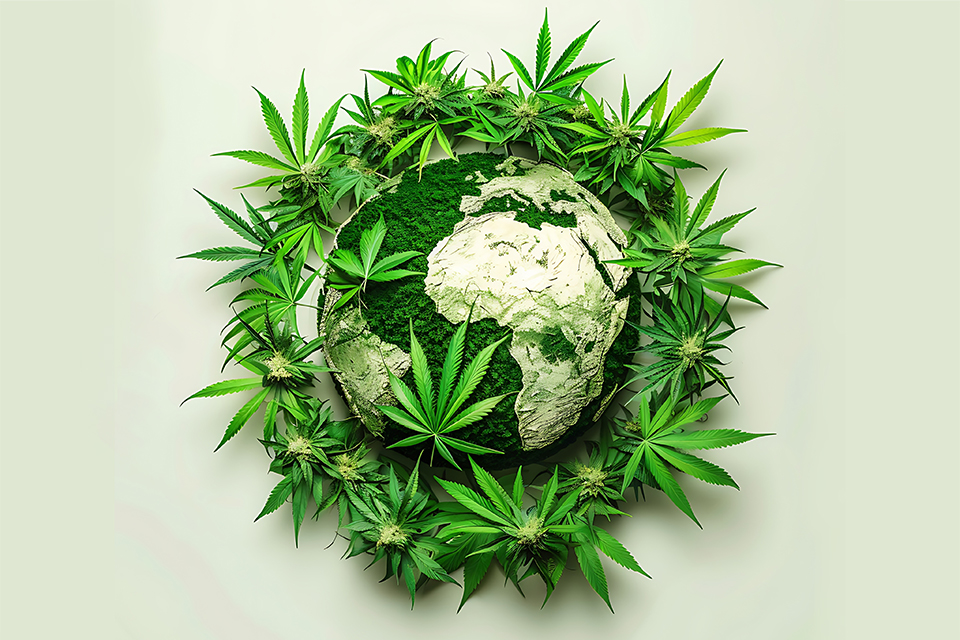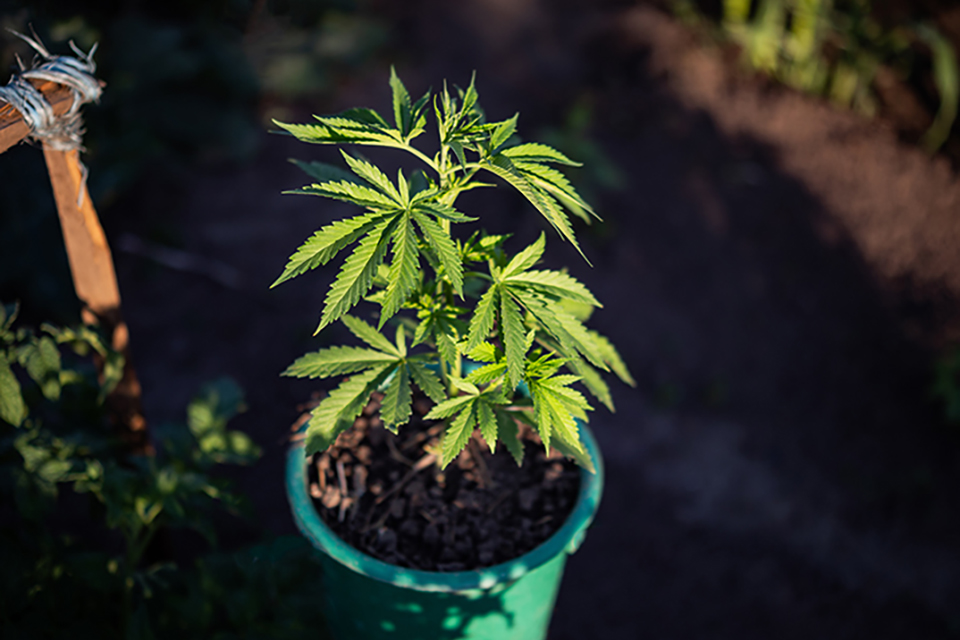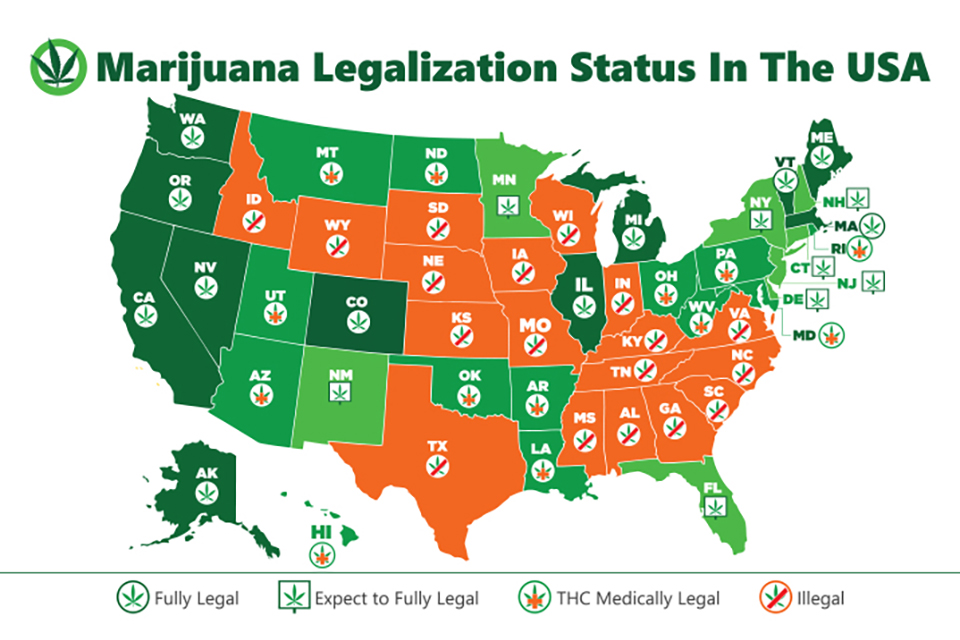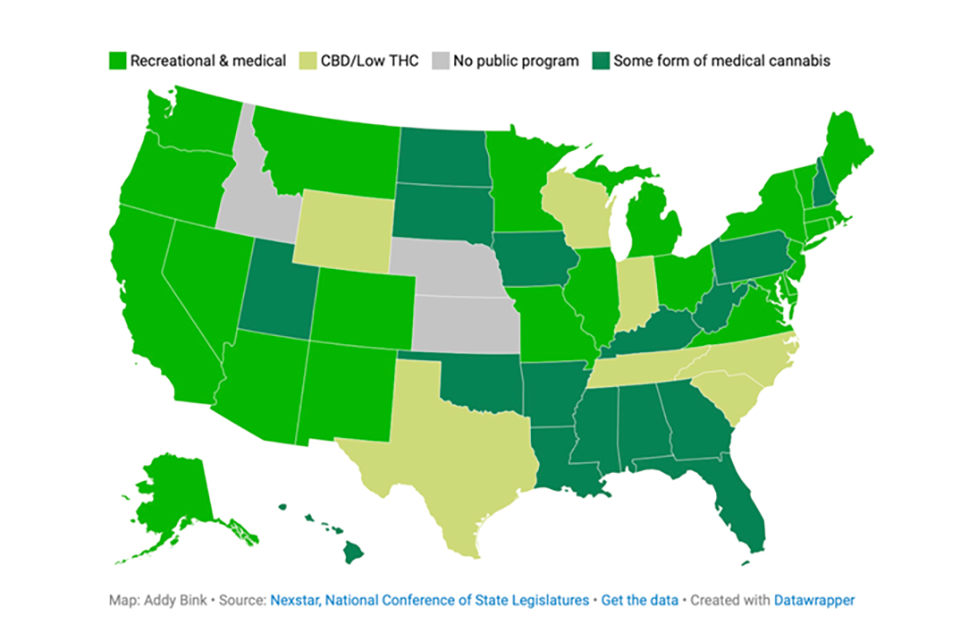
Cannabis has been used for centuries for various purposes both medicinal and recreational. Despite this, it’s been the subject of an ongoing debate concerning its legal status in many countries around the world. While some places have taken steps towards legalization, there is still a long way to go before cannabis is legal worldwide.
While many have already come around to legalization, some still aren’t convinced. That’s why we’ve compiled a list of ten compelling reasons why cannabis should be legalized globally. From the economic benefits to the potential medicinal advantages to the environmental impact of its cultivation and much more.
1. The Economic Benefits
The revenue generated from legalized cannabis comes from two primary sources: tax income and job creation. These factors contribute significantly to the economy, providing more than enough reason to reconsider the legal status of cannabis across the globe.
Legalizing cannabis results in a new source of taxable income, just like any other commodity in the market. A perfect example is Colorado; since the state legalized recreational cannabis in 2012, it has generated more than $1 billion in total state revenue from the legal cannabis industry. If this model was adopted worldwide, countries could benefit from a substantial new source of income, which could be used to fund public services such as education, healthcare, and infrastructure.
Just as important as the potential for tax revenue is the job creation that would result from the legalization of cannabis. From cultivation, processing, and retail sales to ancillary services like legal representation, security, marketing, and more, legal cannabis creates a plethora of new job opportunities. According to a report by Leafly, the cannabis industry in the United States generated 243,700 full-time-equivalent jobs as of early 2020. If extended globally, cannabis legalization could serve as a significant source of job creation and economic growth.
2. The Potential Medicinal Benefits
Cannabis has been observed to alleviate chronic pain, stimulate appetite in cancer patients, reduce epileptic seizures, combat anxiety, and much more. If the legal status of cannabis were changed worldwide, more patients could gain access to this potent natural medicine, potentially improving public health on a global scale.
More importantly, should cannabis be legalized worldwide, it would allow for more extensive and more open medical research. Stigma and legal barriers currently limit the number of studies on cannabis, leaving many potential medicinal uses unexplored.
3. The Environmental Impact of Cannabis Cultivation
Compared to other crops, cannabis has a relatively small environmental footprint. Its cultivation consumes less water and requires fewer pesticides than many other plants, making it a more sustainable agricultural product. It is also adaptable and able to grow in a variety of climates and soils.
Additionally, the legalization of cannabis would open the door for more eco-friendly farming practices. Cannabis is a prime candidate for organic cultivation and can contribute to sustainable agriculture on a global scale.
4. Legal Cannabis Creates Safer Cannabis
The black market for cannabis presents a significant risk to users due to the lack of quality control and the potential for dangerous additives. By bringing cannabis out of the back alleys and into the regulated marketplace, there would be a drastic reduction in violent and organized crime associated with its illegal growth and sale.
5. The Social Implications
For many years, the war on drugs has disproportionately affected minority communities, leading to higher rates of incarceration for minor drug offenses. If cannabis is legalized worldwide, it could pave the way for initiatives aimed at rectifying these past injustices, such as social equity programs in the cannabis industry. These programs are designed to provide opportunities for those most impacted by the war on drugs, often through providing financial and technical assistance to minority entrepreneurs who wish to enter the legal cannabis industry. It could also involve expunging cannabis-related convictions and removing a barrier to employment and social participation for many people.
Legalizing cannabis could also ease the strain on our criminal justice system. By moving away from punitive measures for drug users, law enforcement resources could be reallocated to address more severe crimes.
6. Supports Civil Liberties
The prohibition of cannabis infringes on our right to personal autonomy—the freedom to choose what we consume. Legalizing cannabis would extend this freedom to those who use the plant for recreational or medicinal purposes.
For home growers, legalization could mean the freedom to cultivate their cannabis, fostering an understanding and appreciation for the plant, its cultivation, and its consumption. This would ideally lead to less misuse and overuse because of that appreciation, as well as less of a chance of bad reactions due to suspect or dangerous additives and the like.
7. Cannabis and Wellness
Cannabis has also found a place in wellness programs, aiding in mental health treatment and promoting overall well-being. It can help reduce stress, promote sleep, and stimulate creativity, among many other benefits.
Worldwide legalization could see cannabis more extensively used in wellness programs and protocols, promoting a more holistic approach to health and well-being. Cannabis could also be a viable alternative to more traditional medication for some people, particularly those dealing with anxiety disorders, potentially reducing healthcare costs.
8. Potential Substitute for Alcohol and Other Drugs
Compared to substances like alcohol and opioids, cannabis is considerably less harmful and less addictive. Legal cannabis could offer a safer alternative for individuals who otherwise might turn to more harmful substances.
9. The Cultural and Artistic Significance of Cannabis
Cannabis has deep roots in our culture, with a rich history that dates back centuries. It’s become a symbol of rebellion, freedom, and creativity, influencing art, music, and literature.
Worldwide legalization would only bolster cannabis’ cultural significance, allowing greater expression and exploration of its meaning.
10. Quality Control and Standardization
With legalization, standards could be set for cannabis cultivation, ensuring consistent quality and safety for consumers. It would also pave the way for standardization, leading to better product knowledge and informed consumer choices. This significantly reduces the likelihood of injury or death as a result of consuming tainted cannabis products.
Legalize Cannabis Worldwide for a Better and Greener Tomorrow
From its economic potential to its medicinal benefits, environmental impact, social implications, and more, there are numerous compelling reasons why cannabis should be legalized worldwide. Only through global legalization can we fully realize these benefits and dismantle the stigma surrounding this versatile plant. Momentum continues to build for cannabis’ decriminalization and legalization. Support the push for global cannabis legalization today for a better and greener tomorrow!
About Kind Seed Co.
At Kind Seed Co., our mission is to promote the global legalization and acceptance of cannabis. We believe in the myriad benefits this plant can bestow upon humanity and the planet. Join us in our mission by signing up for our newsletter, following us on social media, and spreading our message of cannabis positivity.



